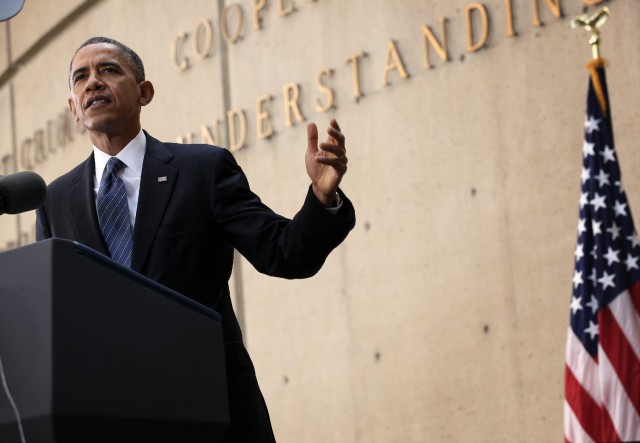
"if you like your health plan, you will be able to keep your health plan."
That's been President Obama's talking point since 2009, before the Affordable Care Act was passed in 2010.
But millions of Americans are receiving notices of policies being cancelled, NBC reported on Monday night and — citing four unnamed sources "deeply involved in the Affordable Care Act" — further argued that the administration has known this would happen for the last three years.
From NBC:
None of this should come as a shock to the Obama administration. The law states that policies in effect as of March 23, 2010, will be “grandfathered,” meaning consumers can keep those policies even though they don’t meet requirements of the new health care law. But the Department of Health and Human Services then wrote regulations that narrowed that provision, by saying that if any part of a policy was significantly changed since that date — the deductible, co-pay, or benefits, for example — the policy would not be grandfathered.
Buried in Obamacare regulations from July 2010 is an estimate that because of normal turnover in the individual insurance market, “40 to 67 percent” of customers will not be able to keep their policy. And because many policies will have been changed since the key date, “the percentage of individual market policies losing grandfather status in a given year exceeds the 40 to 67 percent range.”
That means the administration knew that more than 40 to 67 percent of those in the individual market would not be able to keep their plans, even if they liked them.
All of the sources said that many of those who receive cancellation notices will experience sticker shock when migrated to a new policy. State of Health has reported on these situations, including Mark Brown of San Jose who is seeing an increase of 90 percent.